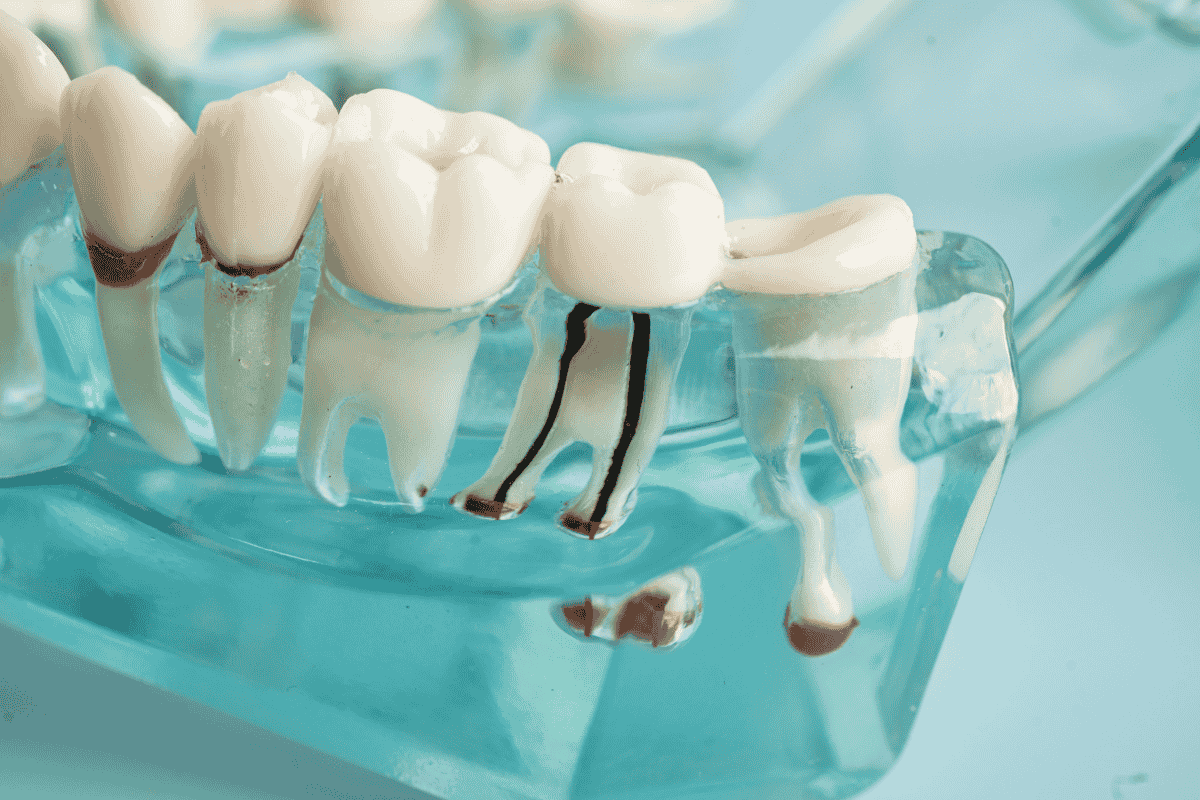
A root canal is a common dental procedure used to save a tooth that has become severely infected or decayed. A dentist removes the infected pulp, cleans the tooth, and seals it to prevent future damage. They do not remove the tooth. This procedure relieves pain and preserves your tooth's structure, so you can keep your natural smile.
Many misunderstand the longevity of a root canal, despite its effectiveness. Some believe it's a temporary fix that will cause tooth loss. Others worry the tooth may not last long. A root canal, if done right and cared for, can last many years. In some cases, it may last a lifetime.
This article will explore how long a root canal lasts and what affects its durability.
Ideal lifespan of a Root Canal
A root canal will typically last 10 to 20 years, but many patients will keep their treated tooth for a lifetime. This is especially true with added protection.
Factors affecting the longevity of a root canal
Your dentist will do their best to make a root canal last a long time. But a few factors affect its durability and whether or not you’ll need retreatment. Here are some factors that affect how long your root canal might last:
- Post-treatment care
Proper care after a root canal is crucial. After the procedure, your dentist will place a crown or filling on the treated tooth to protect it. A root canal's longevity depends on the quality of the restoration and your oral hygiene. Brushing, flossing, and dental checkups keep your treated tooth healthy.
- Location of the tooth
Front teeth are easier to treat. They may last longer after a root canal because they aren't as pressed as molars. We use our molars more for chewing, so they wear out more easily, reducing the root canal's lifespan.
- Quality of the procedure
The experience and skill of your dentist or endodontist also play a significant role. A good root canal and restoration can last many years. But poor treatment may need retreatment sooner.
- Overall oral health
Maintaining good overall oral health is key to extending the life of your root canal. Conditions like gum disease, tooth decay, or new trauma can harm the treated tooth.
- Crown placement
Crowns are often placed over a tooth after a root canal to protect it. A good, durable crown can greatly extend your tooth's life. An ill-fitting one can cause problems later.
Tips to extend the life of your root canal
Here are a few ways to help ensure your root canal lasts as long as possible:
- Regular dental visits. After your root canal, checkups are vital. They monitor the tooth and surrounding areas.
- Good oral hygiene. Brush twice a day, floss daily, and use an antibacterial mouthwash.
- Avoid hard foods. Biting into hard foods, such as ice or nuts, can damage the restored tooth.
- Wear a mouthguard. If you grind your teeth at night or play contact sports, a mouthguard can protect your teeth from damage.
When might you need a retreatment?
Most root canals are successful long-term. But if bacteria gets into the tooth due to a poor seal or a problem with the restoration, it may need more work. The same is true if someone damages the tooth again. Luckily, modern endodontic techniques and materials make retreatment more successful than ever.
Conclusion
A root canal is a great way to save a tooth. It works well for severe infections or decay. With proper aftercare and dental visits, a treated tooth can last many years, often for a lifetime. Don’t let common misconceptions prevent you from getting the treatment you need.
At the Local Dental Clinic in Deniliquin and Finley, NSW, we provide the best root canal treatments. Our aim is to ensure your teeth stay healthy. If you have tooth pain or dental health concerns, contact us today to schedule an appointment.
Go Back

















